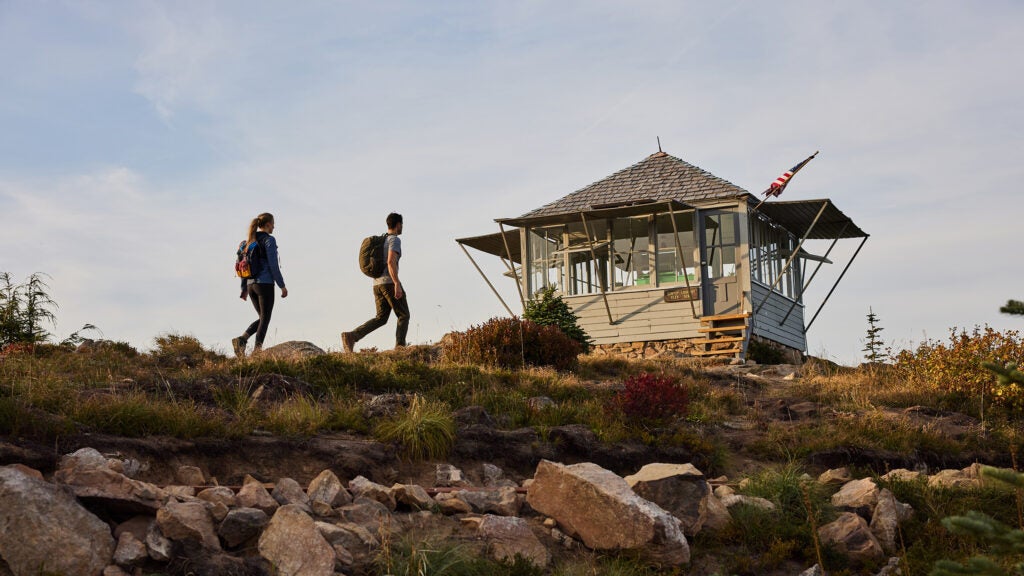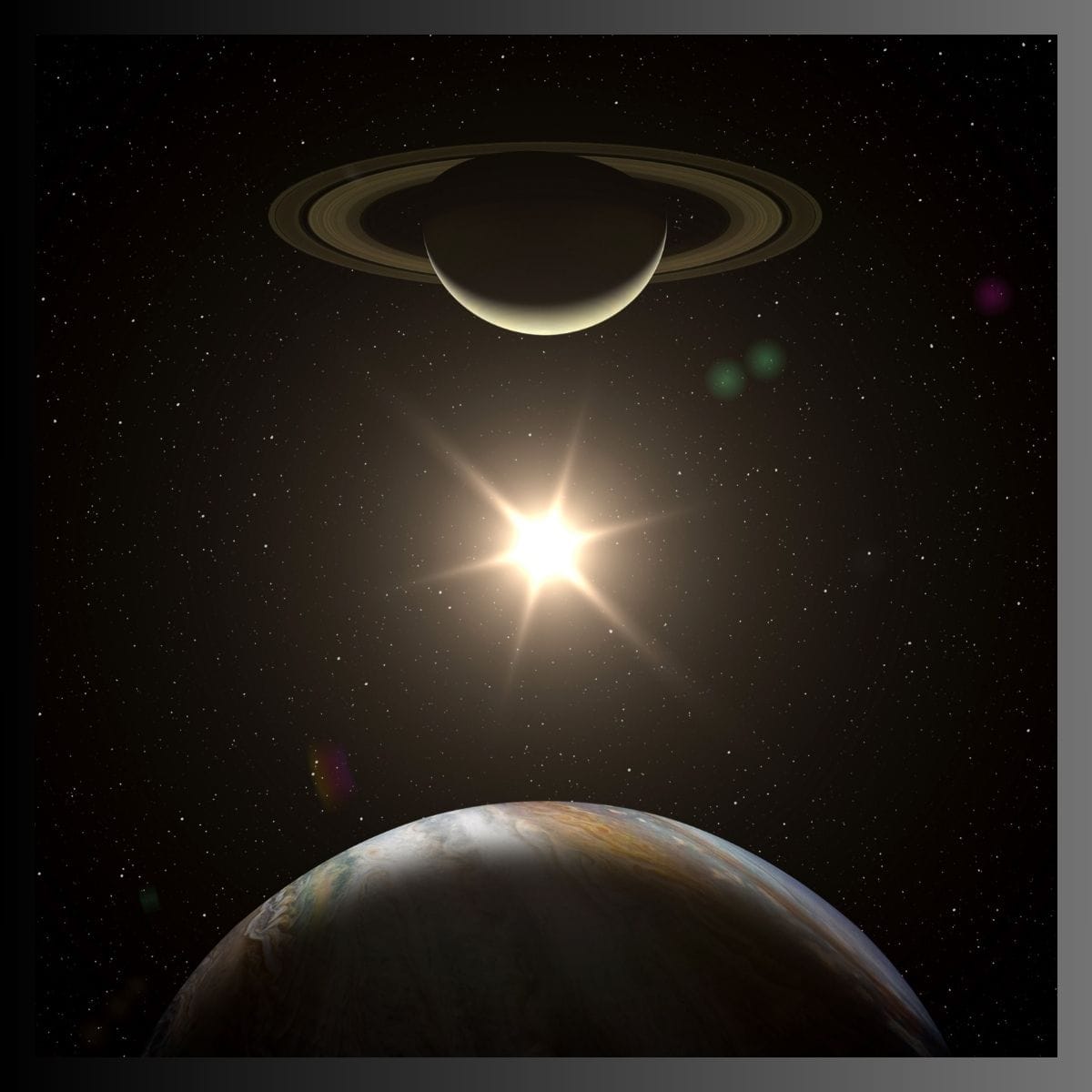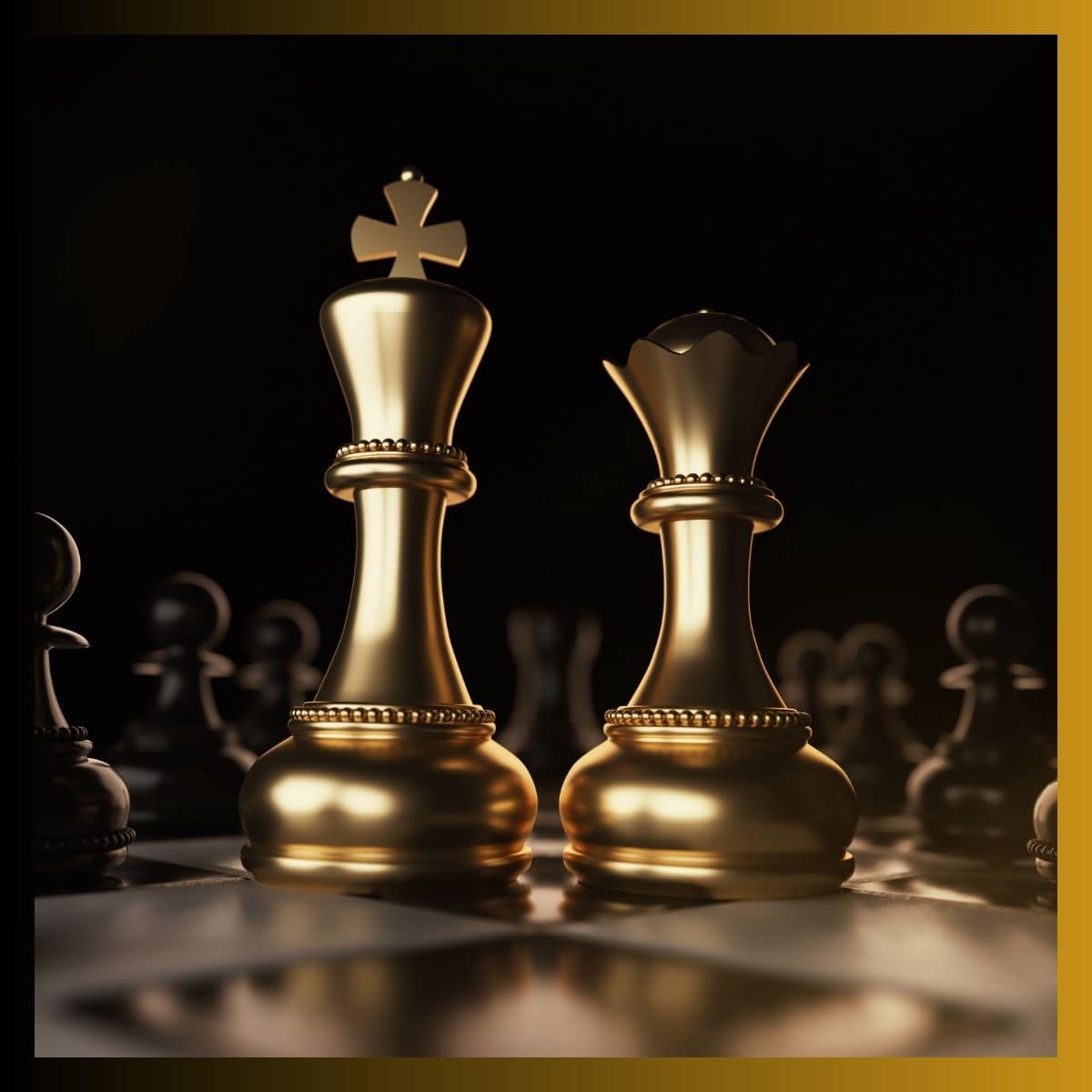Like the Vendée Globe, the Golden Globe Race (GGR) is a sailing race around the world, solo and non-stop, which starts and ends in Les Sables-d’Olonne. But while the first event sends very expensive jewels of technology over the oceans, the second, whose third edition begins this Sunday, takes the opposite view. The 16 entrants of ten different nationalities – 15 men and the South African Kirsten Neuschäfer – will sail across the seas and through time, on monohulls of around 10 meters, at least 35 years old. Without modern equipment, but armed with their courage, an ancient sextant and a paper map to erase 30,000 nautical miles, or 55,560 km.
“I’ve wanted to do this race since the first edition in 1968, says Englishman Simon Curwen (63), one of the favorites. I was very young, and already a sailing fanatic. Then there were races with stages and by teams, but that didn’t interest me too much. There is also the Vendée Globe, but it is more expensive, reserved for professionals. I am an amateur sailor [deuxième de la Mini-Transat 2001 en prototype, entre La Rochelle et Salvador de Bahia au Brésil]. »
The route of the Golden Globe Race 2022. – GGR
Its budget for the GGR still amounts to some 150,000 euros (up to 10 million euros for the Vendée Globe). But the sixty-year-old hopes to sell the Biscay 36, nicely baptized Clara, bought in 2019, on his return, and recover “around 100,000 euros”.
The inaugural race 54 years ago, organized by the British newspaper The Sunday Times, was not only the dream of the young Curwen, who had become an engineer by profession, a specialist in soil and groundwater depollution. The dramaturgy of the event went far beyond the small marine world. Of the nine competitors at the start, only the Englishman Robin Knox-Johnston arrived safely, in 312 days.
A first edition in 1968 entered into the legend
Seven others gave up, including the Frenchman Bernard Moitessier, disdaining a victory which was promised to him to begin a second round the world and disembark in Tahiti. This libertarian epic so specific to the time, he will describe it in a work with international success, The Long Road. The body of the last skipper of the adventure, Donald Crowhurst, will never be found. An inexperienced engineer with an unsuitable boat, the Briton drowned in his lies, by communicating false positions. This solitary tragedy has inspired many authors and directors.
From now on, beacons, GPS and satellites allow the organizers to know the position of the boats, and to intervene in the event of a problem. Only, to respect the original spirit, the skippers do not have access to this data. “It’s one of the rare races where the public is more informed of the actual position and speed of the boats than the sailors”, smiles Sébastien Delasnerie, the director of the GGR.

“When Don McIntyre [un aventurier australien] relaunched the Golden Globe Race in 2018, he wanted to recreate the conditions of 1968, with old boats, without electronics. But for security reasons, we have to add a little communication, solar panels or hydrogenerators for energy on the boats. »
Five arrivals for 18 starters in 2018
Four years ago, only five of the 18 entered in the fiftieth edition had reached the finish in the rules of the art. Several had caused concern, giving no sign of life for days after damage. Frenchman Jean-Luc Van Den Heede (73) won in 211 days, 23 hours and 12 minutes. “We have people old enough to have sailed with a sextant, who come from fishing, trade or the merchant navy, explains Sébastien Delasnerie. And then we have people like Damien Guillou who are part of the GPS generation, and had to completely relearn how to navigate and do fairly precise mathematical calculations. »
Guillou (39), one of the two Frenchmen in the running with Arnaud Gaist (50), won the prologue of the event on August 16 between the Spanish port of Gijon and Les Sables-d’Olonne, ahead of Simon Curwen and Kirsten Neuschäfer. Curwen has mastered the sextant since taking part in the 2002 Mini-Transat, across the Atlantic. “We had to know how to use it. After the attacks of September 11, 2001, the Americans could stop and jam the satellite signals”, recalls this perfect French speaker living near Pontivy, in Morbihan.

But it is no coincidence that this navigation instrument invented in the 18th century has been outdated for decades by GPS. “We work with approximate positions, continues the sexagenarian. And then, you must already be able to see the sun. Sometimes we don’t see him for a week and we don’t know where we are. »
Elliott Smith, youngest and UFO of the third edition
“The sextant? It was difficult at first, it took a while to master it but now it’s ok”, exclaims Elliott Smith. This mustachioed 27-year-old Floridian with long blond hair, the youngest of the entrants, looks like a UFO in this 2022 edition. title as surfing, cycling or music. « I don’t agree with a lot of things in today’s society, » he says. Everything is going too fast, we miss important things. This race allows you to go back to the past, to connect with Nature, without e-mails or text messages. »
There are still some concessions to modernity, developed by Sébastien Delasnerie. “A satellite phone allows skippers to make a mandatory safety point with the race PC every week at a fixed time, to send tweets relayed directly to our account and to call telemedicine in the event of a problem. »

On the other hand, it is impossible to contact relatives and friends who may provide information that other competitors do not have. This action is as prohibitive as making a stopover during the crossing or opening the sealed bag nestled in the boat, which contains two GPS, two satellite phones and two spare beacons, to be used only in the event of an absolute emergency. The offending skipper can continue his race, but he is then transferred to the Chichester class, named after Sir Francis Chichester, an English explorer who had sailed around the world alone in 1966, with a stopover in Australia.
300 to 400 kg of food, 350 to 500 liters of water
Like the 15 other sailors who have successfully passed the various medical tests, Elliott Smith intends to return to Les Sables-d’Olonne without stopping. The young American spent all his money, canvassed private donors and activated crowdfunding to be able to buy Second Wind, his boat, and complete a budget of around 125,000 euros.
In order to survive in autarky, competitors must necessarily think big. “They take between 300 and 400 kg of food [boîtes de conserve, aliments lyophilisés…] and between 350 and 500 liters of water stored in its tanks, explains Sébastien Delasnerie. Some have made a special pleat on the sail to collect rainwater. And then, as you have to keep busy when the tasks on board are done, everyone took a stock of books and… audio cassettes. Because CDs are too modern for the GGR, and let’s not talk about streaming…
« It’s a great opportunity for people like me to participate in a great race around the world », smiles Elliot Smith, who will leave with books of « fiction, classics but also books on tai chi and yoga « . « Navigation is not reserved for very rich people, even if you have to make a lot of sacrifices », underlines the Floridian.
Despite being 36 years older, Simon Curwen is just as excited as his younger brother at the idea of leaving the Vendée port, under the gaze of his wife, his three daughters and his granddaughter. The Briton already smells of achievement. “There are only 140 people who have sailed around the world solo, and only six in the conditions of the Golden Globe Race. Many more people have been in space. See you in spring 2023 in Les Sables-d’Olonne.












